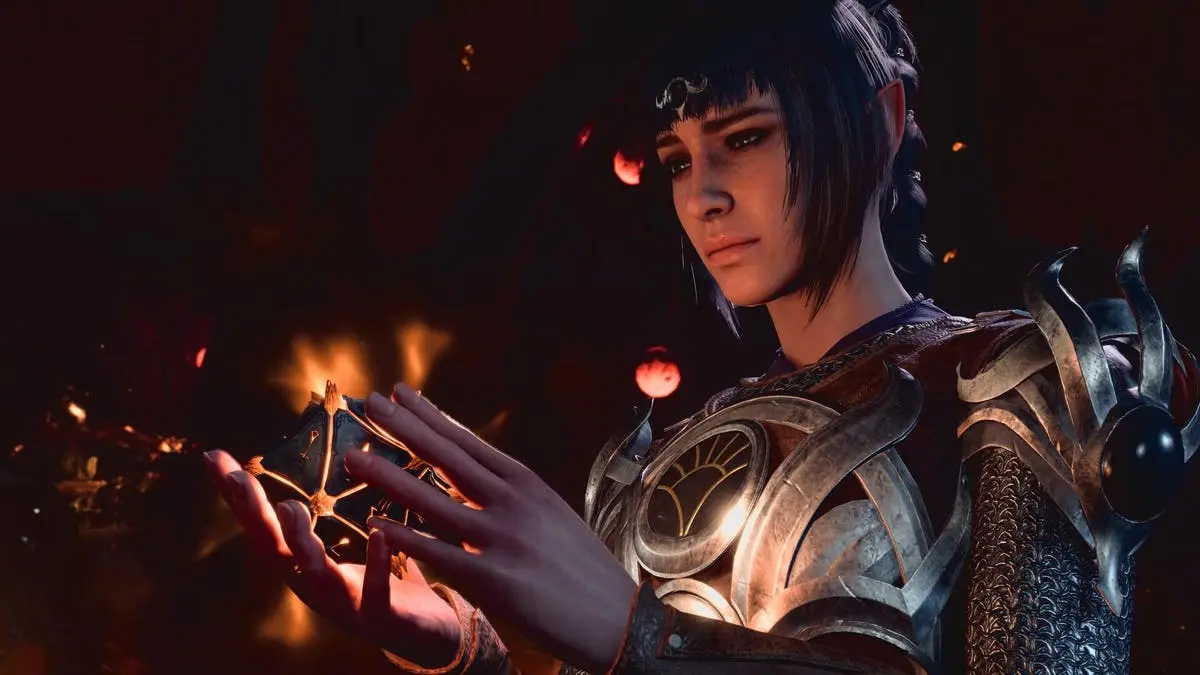The Main Lesson From ‘Baldur’s Gate 3’ Should Be ‘People Hate Microtransactions’
The Main Lesson From ‘Baldur’s Gate 3’ Should Be ‘People Hate Microtransactions’

www.forbes.com
The Main Lesson From ‘Baldur’s Gate 3’ Should Be ‘People Hate Microtransactions’

If reception to Baldur’s Gate says anything, it’s that people hate microtransactions in their AAA games.

